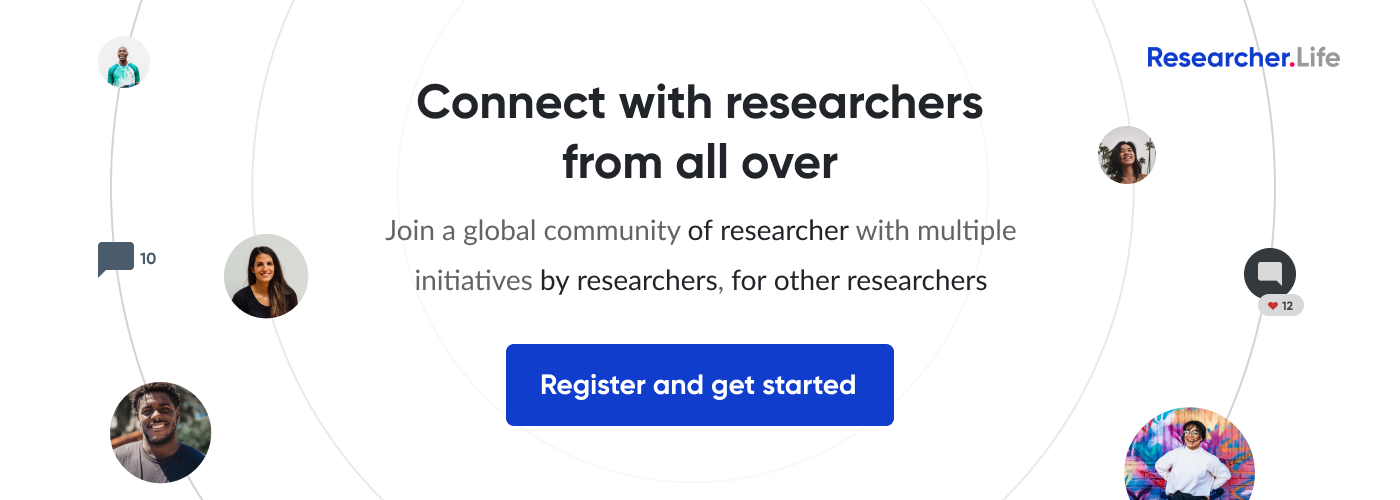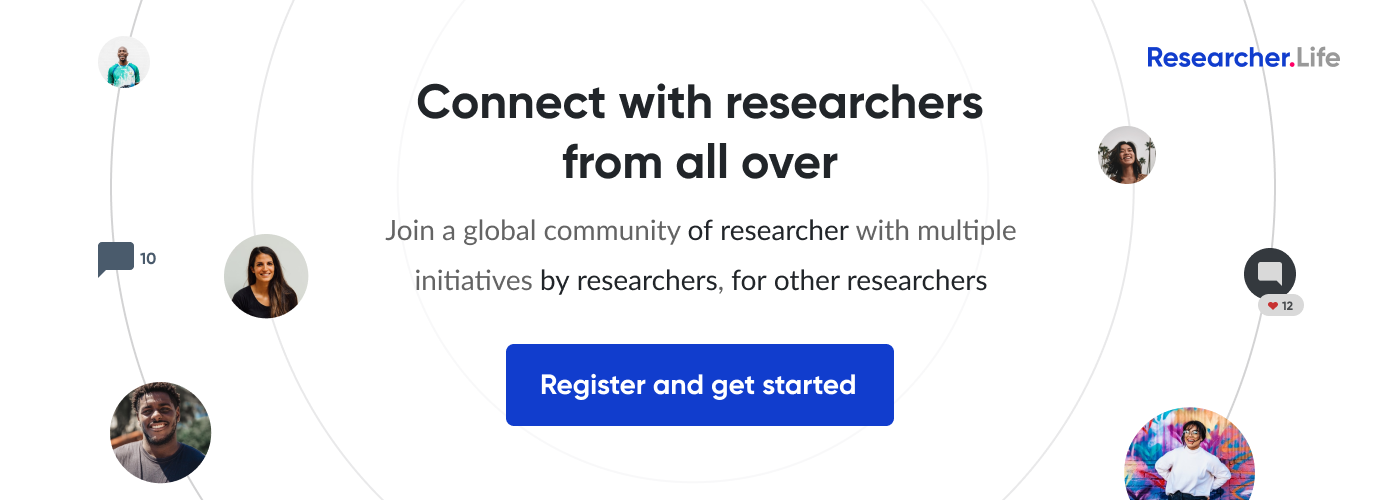Researchers beware—8 Things Chat GPT cannot help you with

The ever-evolving landscape of research and academia, technology continues to play an integral role in facilitating various aspects of the scholarly journey. Artificial intelligence (AI) language models, such as Chat GPT, have undoubtedly revolutionized information access and knowledge sharing. While these models possess remarkable capabilities, it is crucial for researchers, scientists, and academics to recognize their limitations. Let’s look at eight critical areas where Chat GPT and similar AI models fall short, urging caution and highlighting the importance of human expertise.
Experimental Design and Methodology: Chat GPT cannot replace the expertise and nuanced understanding required for designing rigorous experiments and selecting appropriate methodologies. Researchers must rely on their own domain knowledge and experience to ensure accurate and reliable results.
Ethical Considerations: AI models like Chat GPT lack the ethical judgment and moral reasoning necessary to navigate complex ethical issues involved in research. Researchers must exercise their own judgment and adhere to ethical guidelines while conducting studies involving human subjects, animal research, privacy concerns, and data protection.
Data Collection and Analysis: While AI models can process vast amounts of data, researchers must carefully curate and validate their datasets to ensure their quality and integrity. Additionally, the analysis and interpretation of research data often demand domain-specific knowledge, which AI models may not possess.
Literature Review: Conducting a comprehensive literature review requires critical evaluation, synthesis, and contextualization of existing research. While Chat GPT can assist with basic searches, researchers must engage in meticulous manual review to identify relevant studies, assess their credibility, and incorporate them effectively into their work.
Collaboration and Peer Review: AI models cannot replace the value of collaboration and the expertise brought by fellow researchers in peer review processes. Constructive feedback, domain-specific insights, and diverse perspectives from colleagues play a crucial role in refining research work.
Contextual Understanding and Nuance: Chat GPT's responses are generated based on patterns and statistical analysis, lacking contextual understanding and nuanced interpretation. Researchers must exercise caution in relying solely on AI-generated content, ensuring their work reflects a comprehensive understanding of the subject matter.
Intellectual Property and Legal Considerations: Protecting intellectual property rights, navigating patent laws, and understanding legal obligations in research collaborations require specialized legal expertise beyond the capabilities of AI models. Researchers should seek legal advice when necessary to safeguard their work.
Personalized Guidance and Mentorship: While AI models can provide general guidance, they cannot replace the personalized support and mentorship that experienced researchers and advisors offer. Engaging with mentors and seeking guidance from experts in the field remains crucial for career development and research success.
AI language models like Chat GPT have undoubtedly revolutionized the way we access and share information. However, researchers, scientists, and academics must remain vigilant and recognize the limitations of AI models in critical areas of research. By understanding the boundaries of AI, researchers can leverage its benefits while ensuring the preservation of human expertise, ethical considerations, critical thinking, and domain-specific knowledge.
Comments
You're looking to give wings to your academic career and publication journey. We like that!
Why don't we give you complete access! Create a free account and get unlimited access to all resources & a vibrant researcher community.














